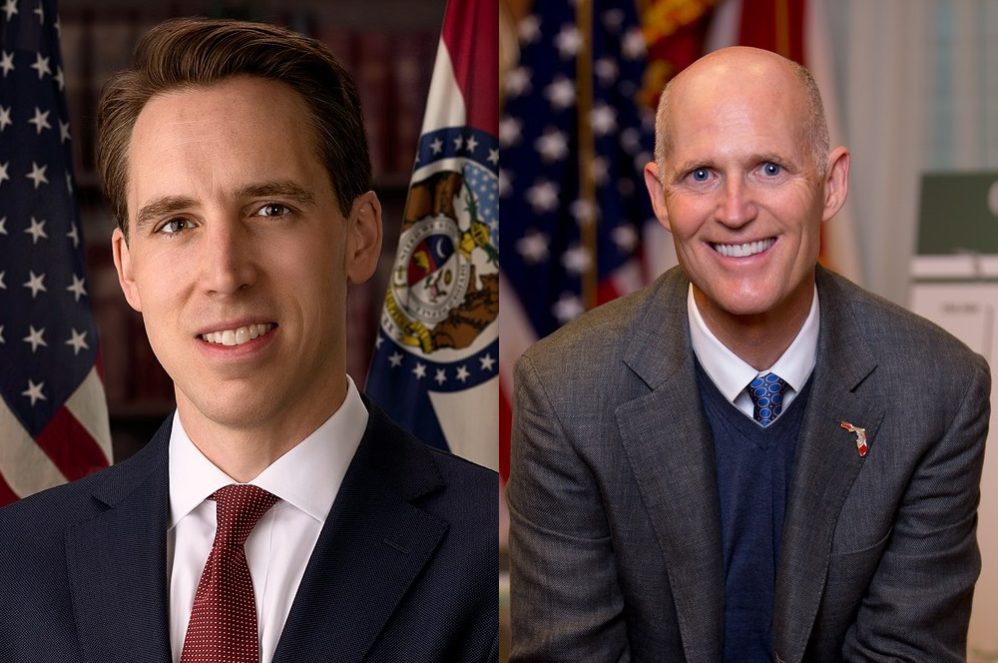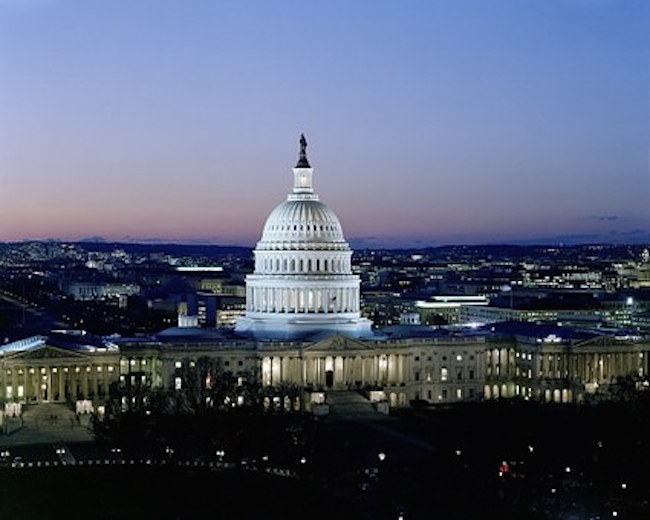Two Brand-New Senators Cast Light On The GOP’s Post-Trump Future By Brad Todd for The Federalist
The fusion of populism and conservatism as a workable and ideological political movement is emerging in the actions of two newly elected senators: Josh Hawley and Rick Scott.
The heat and light given off by the nuclear grind between President Trump and his antagonists have blinded Washington’s chroniclers to something important happening right before their eyes. The fusion of populism and conservatism as a workable and ideological political movement is emerging in the actions of two newly elected senators: Josh Hawley and Rick Scott.
It took a political hijacker like Trump to elevate Republicans out of the losing rut in which our old, Goldwater-ish GOP had become mired. But from a policy perspective, Trump has worked out to be more like a Viking conqueror than English colonizer.
Trumpism has proven to be a formidable foe to the new left’s dominant ideology of cosmopolitan elitism—within the bounds of the daily news cycle. But if the realignment that Trump’s win validated is going to be a structural victory for Republicans, it needs more than daily combat. It needs policy pioneers and settlers, and longer-term battles that deliver material results for voters beyond merely thwarting harmful liberal impulses. That’s where first-termers Hawley and Scott enter.

Scott, a self-made health-care CEO who built the nation’s largest hospital corporation, has zeroed in on the crisis of drug pricing. His proposal to outlaw any U.S. drug price that is higher than the price for the same medicine overseas fuses the twin populist urges of corporate accountability and nationalism. The novelty of Scott’s proposal is that it uses the profit motive to achieve an end Democrats have sought only through socialistic means.
Scott would require drug companies that do not want to give up the massive and affluent domestic market—which is all of them—to either sacrifice their foreign sales or wring more price concessions from price-fixing foreign governments. No longer would American consumers be forced to subsidize the market-riggers in Brussels. Rather than mimic the European meddlers, Scott seeks to use the allure of the U.S. market to prod multi-national pharmaceutical powerhouses into demanding more equitable capitalism across the globe.
Scott’s proposal has been quickly written off by conservative D.C. think tanks and organizations long pickled by the cocktails poured liberally at corporate fundraising receptions. But it will be an enduring home run among the Trumpist majority in today’s GOP—a group that is every bit as skeptical of corporate oligopoly and multi-national monopolists as it is of domestic government overreach.




